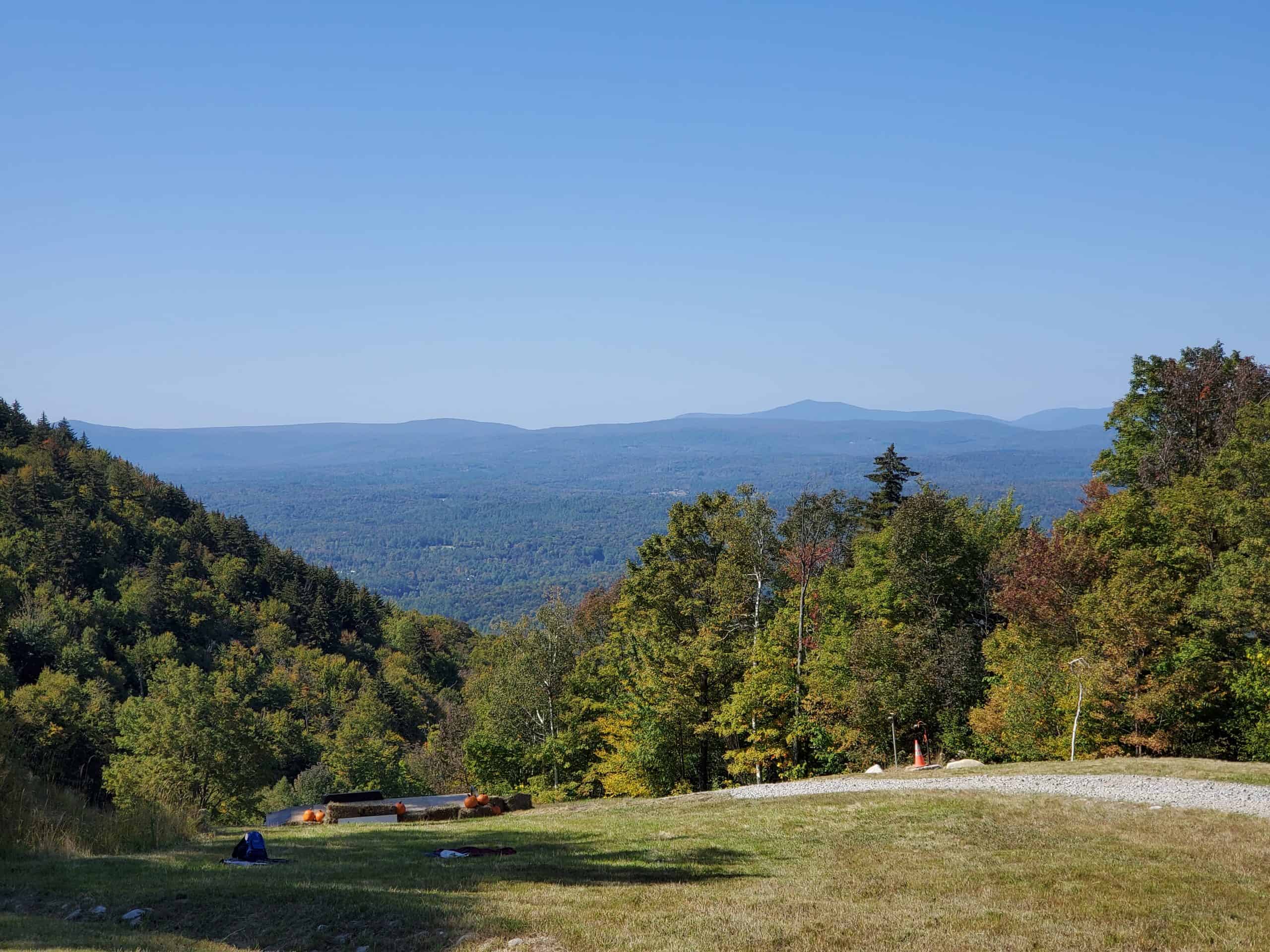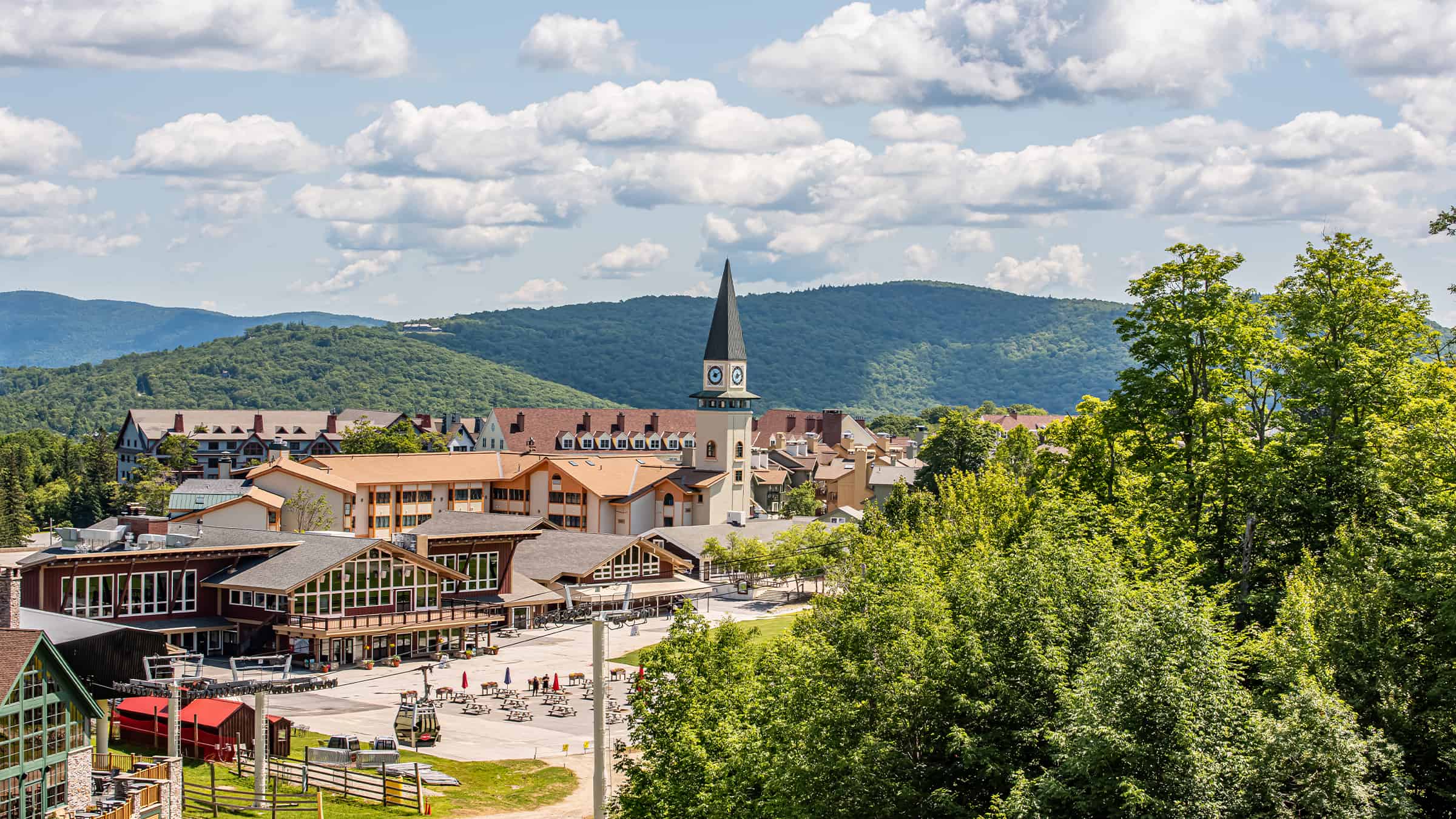 March 1, 2016 marks the date for Town Meeting in Vermont. Vermont law stipulates, “A meeting of legal voters of each town shall be held annually on the first Tuesday of March for the election of officers and the transaction of other business.” (17 V.S.A. § 2640) (Some towns have moved their town meeting to the weekend before in order to make the meeting more accessible for workers.) This Vermont tradition goes back to 1762, even before the founding of the country, when the first town meeting was held in Bennington. Since that time, very little has changed about the role town meeting plays.
March 1, 2016 marks the date for Town Meeting in Vermont. Vermont law stipulates, “A meeting of legal voters of each town shall be held annually on the first Tuesday of March for the election of officers and the transaction of other business.” (17 V.S.A. § 2640) (Some towns have moved their town meeting to the weekend before in order to make the meeting more accessible for workers.) This Vermont tradition goes back to 1762, even before the founding of the country, when the first town meeting was held in Bennington. Since that time, very little has changed about the role town meeting plays.
 Thirty days before the meeting date the “warning” is published which lists all the topics to be discussed and voted on at the meeting. During town meeting, citizens discuss and debate the issues prior to the vote. Subjects include approval of reports from town officers, election of town officials, review and approval for town budget, and consideration of projects for the good of the town. Some towns have chosen to vote by secret ballot which is more convenient for voters, but doesn’t allow for the traditional town meeting discussion or any amending of the proposals.
Thirty days before the meeting date the “warning” is published which lists all the topics to be discussed and voted on at the meeting. During town meeting, citizens discuss and debate the issues prior to the vote. Subjects include approval of reports from town officers, election of town officials, review and approval for town budget, and consideration of projects for the good of the town. Some towns have chosen to vote by secret ballot which is more convenient for voters, but doesn’t allow for the traditional town meeting discussion or any amending of the proposals.

Although these issues seem small and insignificant, this is the lifeblood of the town meeting. Citizens coming together to get the things done that matter to them. Neighbors hear each other’s concerns and better understand each other’s perspective. Compromise creates solutions and divisive issues are resolved. As Thomas Jefferson said, the town meeting is “the wisest invention ever devised by the wit of man for the perfect exercise of self-government.”
 This year, Town Meeting day and the Vermont presidential primary fall on the same date, March 1. The last day to register to vote is February 24. You must be a registered voter to vote in the presidential primary, but you also must be a registered voter to take part in Town Meeting. By participating in the political process, your voice is heard. You exercise your right to help decide the issues that matter to you, be they big or small.
This year, Town Meeting day and the Vermont presidential primary fall on the same date, March 1. The last day to register to vote is February 24. You must be a registered voter to vote in the presidential primary, but you also must be a registered voter to take part in Town Meeting. By participating in the political process, your voice is heard. You exercise your right to help decide the issues that matter to you, be they big or small.
How to Register to Vote in Vermont
Online
Go to online voter registration page and fill out the form.
You will need a copy of one of the following:
- Photo ID (driver’s license or passport)
- Current bank statement or utility bill
- Government document showing your current residential address
Processing your registration can take up to 4 weeks and you are not considered registered until your application is approved by the Town Clerk. You will receive a notice when you are registered.
At the Department of Motor Vehicles (DMV)
You can register to vote at the DMV when you register your car, get a driver’s license or renew your registration or license. You must be able to prove that you are at least 18 years old, a Vermont resident, and a US citizen. To do this you will need to provide documents from the following categories:
- Identity and date of birth
- Lawful status in the United States
- Social Security number
- Vermont residency and current residential address
Your application will be reviewed by your town/city clerk and you will be notified when registered.
With your town or city clerk
Complete the Vermont Application for Addition to the Checklist (Vermont Voter Registration Form)
Include a copy of an approved form of ID, or bring ID with you if taking the form in person. Approved ID must be one of the following:
- A driver's license or U.S. passport.
- A bank statement or utility bill.
- A government document.
Mail the application or deliver it in person to your town or city clerk.
For more information consult your local town clerk or the Vermont Secretary of State website.

